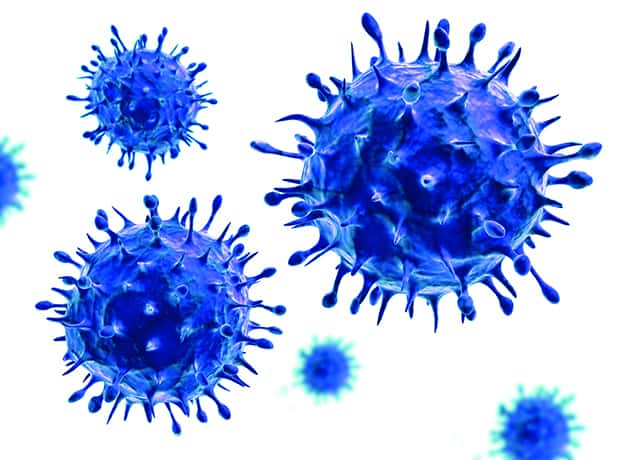ViiV Healthcare has unveiled positive clinical data for two two-drug HIV regimens ay the 22nd International AIDS conference in Amsterdam, showing long-term efficacy and non-inferiority to a current standard of care.
First up, data from the Phase III GEMINI 1 and 2 studies have confirmed non-inferiority of a two-drug regimen of dolutegravir (DTG)/lamivudine (3TC) against to a standard three-drug regimen.
In a pooled analysis, 91 percent of patients taking of the two-drug regimen had HIV-1 RNA<50 copies/mL compared with 93 percent of patients taking dolutegravir and two nucleoside reverse transcriptase inhibitors, tenofovir disoproxil fumarate/emtricitabine.
The percentage of patients that withdrew due to adverse events was 2 percent in each study arm, while pooled results show that the most common adverse events across the studies were headache, diarrhoea and nasopharyngitis.
However, drug-related adverse events were less frequent in patients taking the two-drug regimen, with data showing 18 percent versus 24 percent.
“The GEMINI studies show that we can get the efficacy of three drugs in a two-drug regimen with the tolerability and drug interaction profile of DTG and 3TC. These are important findings for people living with HIV who will spend their lifetime taking drugs to suppress their virus. The studies have the potential to expand the treatment paradigm for first-line therapy of people living with HIV,” noted Pedro Cahn, principal investigator for GEMINI.
ViiV, which is majority owned by GSK, said it intends to file a fixed-dose combination of DTG and 3TC later this year in the US. If approved, the drug would compete for market share with Gilead’s high-effective suite of triple drugs, including once-a-day pill Biktarvy (bictegravir/emtricitabine/tenofovir alafenamide).
Elsewhere, the Phase III SWORD programme showed that 89 percent of virologically-suppressed patients switched from a three or four-drug antiretroviral regimen to Juluca (dolutegravir and Janssen’s rilpivirine) for 100 weeks maintained viral suppression, with a viral load of less than 50 copies/mL.
In the ‘late switch’ arm, where participants continued on their current antiretroviral regimen until week 52 before switching to the two-drug regimen of dolutegravir and rilpivirine, 93 percent maintained viral suppression through week 100.
On the safety side, seven percent of patients experienced adverse events that led to withdrawal through week 10, but no new safety signals were observed.
Juluca won approval in the US in November 2017, for the maintenance treatment of HIV-1 infection in adults virologically suppressed on a stable antiretroviral (ART) regimen for at least six months with no history of treatment failure and no known substitutions associated with resistance to Juluca’s individual components.
The new data “confirm the ability of Juluca to maintain efficacy over a 100-week period and importantly support that the long-term safety profile of this regimen is consistent with the respective labels of the component medicines,” noted John Pottage, chief scientific and medical officer at ViiV.
“This 100-week data should provide physicians with further confidence that they may be able to reduce the number of antiretroviral drugs required to effectively maintain virologic suppression in their patient’s HIV.”










